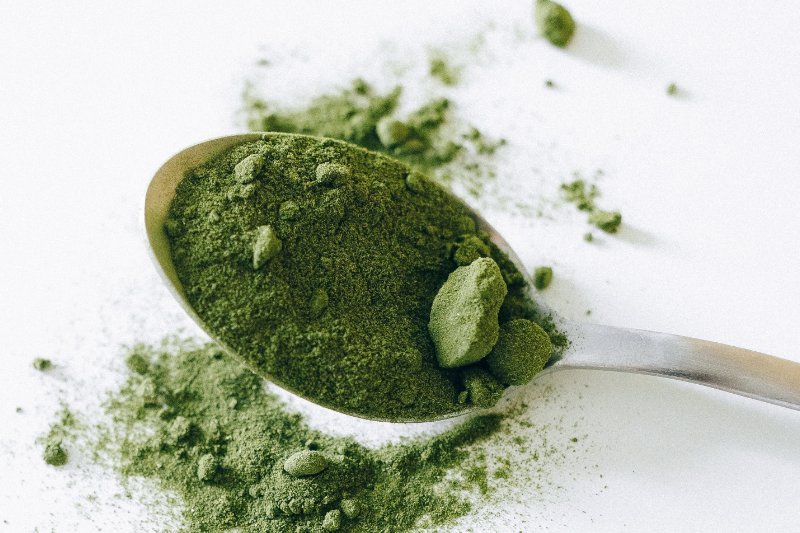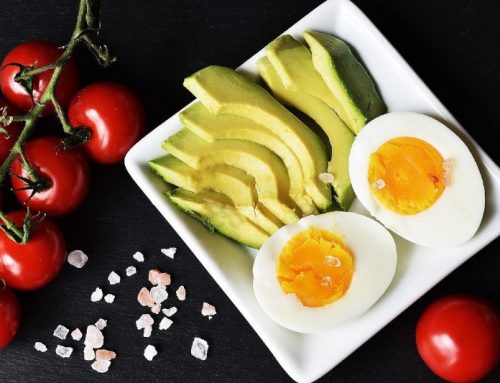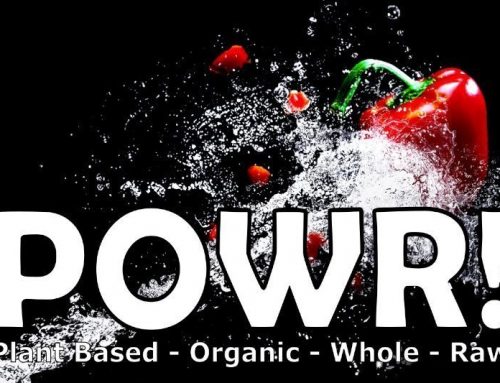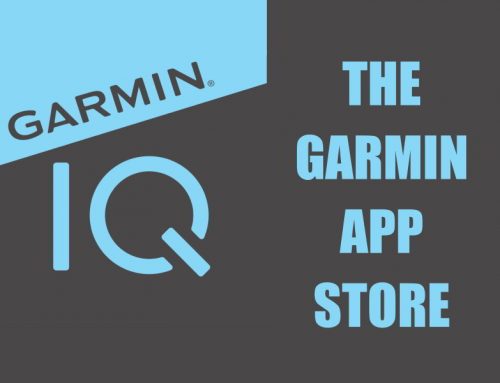Ketosis supplements are a good idea for anyone on a keto diet as, in common with a vegan diet, the number of food options you have is more limited and so you may not get all the nutrients you need from the food you eat.
Some of these supplements can help dieters reduce the effects of the keto flu and others may enhance athletic performance when training or competing on a low-carb diet.
Here are the best supplements to take when you are on your keto diet.

Magnesium (200–400 mg of magnesium a day)
Magnesium is an important mineral that boosts energy, regulates blood sugar levels, and supports your immune system. Supplementing your keto diet with magnesium can help reduce muscle cramps, sleeping problems, and irritability. These symptoms are all commonly experienced by people starting a keto diet.
MCT Oil (1 teaspoon or 5 ml to Start)
MCTs, (Medium-chain triglycerides) are a popular supplement among keto dieters. MCT oil is a rapidly digested fat that can be used to help boost fat intake and stay in ketosis.
They’re metabolized differently from the types of fat found in food. MCTs are broken down by your liver and quickly enter your bloodstream.
Supplementing with MCT oil can help keto dieters because it can quickly and easily increase your fat intake in a way that your body tolerates better than when you rely on food. It can be either be added to shakes and smoothies or taken by the spoonful.
It has been shown to promote weight loss and increase feelings of fullness.
MCT oil can occasionally cause diarrhea and nausea so it’s a good idea to start with a small dose (1 teaspoon or 5 ml) for a few days before increasing to the manufacturer's recommended dosage.
Omega-3 Fatty Acids (500 mg of EPA and DHA per 1,000 mg a day)
Omega-3 supplements can be particularly beneficial for people on keto diets, as they can help maintain a healthy omega-3 to omega-6 ratio which can be a problem when following a high-fat diet.
Omega-3 fatty acid supplements are rich in the omega-3 fatty acids eicosapentaenoic acid (EPA) and docosahexaenoic acid (DHA), which benefit health in many ways.
EPA and DHA can reduce inflammation, lower heart disease risk and prevent mental decline.
Anyone on blood-thinning medications should consult a doctor before taking omega-3 supplements, as they can increase your risk of bleeding by further thinning your blood.
Vitamin D Supplements
Vitamin D is important for many bodily functions, including promoting calcium absorption and bone health, calcium is an important nutrient that may be lacking in a keto diet, especially in people who are lactose intolerant.
Vitamin D is also responsible for supporting your immune system and regulating cellular growth, lowering inflammation in your body.
The keto diet doesn’t necessarily put you at a higher risk of vitamin D deficiency, but it’s a very common problem so it may be worth taking supplements.
Digestive Enzyme Supplements
A common problem for people new to the keto diet is that the high fat content is tough on their digestive system.
Since the keto diet consists of up to 75% fat and more protein than many people are used to, you may experience unpleasant gastrointestinal symptoms like nausea and diarrhea and bloating.
Taking a digestive supplement that contains both protease and lipase enzymes, which break down protein and fat respectively, can help you relieve these digestive problems.
What’s more, proteolytic enzymes, which are enzymes that help break down and digest protein, have been shown to reduce post-workout soreness, which can be a bonus for workout enthusiasts and athletes on a keto diet
Exogenous Ketone Supplements
Exogenous ketone supplements are commonly used by people following a keto diet to increase their blood ketone levels.
Exogenous ketones are ketones supplied through an external source, while endogenous ketones are the type produced naturally by your body through a process called ketogenesis.
Aside from potentially helping you reach ketosis quicker, exogenous ketone supplements have been linked to other benefits as well.
For example, they have been shown to boost athletic performance, speed muscle recovery and decrease appetite, although it’s important to note that these studies have used a more powerful type of exogenous ketones called ketone esters, not ketone salts, which is the most common form found in supplements available to consumers.
Greens Powder Supplements
Greens powders contain healthy vegetables like spinach, spirulina, and kale in powdered form.
They provide a convenient source of nutrients to those following keto diets as they can be added to drinks, shakes, and smoothies,
Vegetables contain a wide variety of vitamins, minerals, and powerful plant compounds that can fight inflammation, lower disease risk, and help your body function at optimal levels.
Though not everyone following a keto diet is necessarily lacking in their vegetable intake, this eating plan does make it more difficult to consume enough plant foods.

Electrolyte Supplements or Mineral-Rich Foods
Electrolyte supplements containing sodium, potassium, and magnesium are available to help you with your keto diet.
Starting your keto diet will result in increased water loss and levels of sodium, potassium, and magnesium will drop as well, leading to keto flu. You should focus on increasing your consumption of these minerals to prevent unpleasant symptoms like headache, muscle cramps, and fatigue.
Athletes following a keto diet may experience even greater fluid and electrolyte losses through sweating.
Supplements to Boost Athletic Performance
Athletes who want to improve their performance by following a keto diet may benefit from taking these additional supplements that preserve muscle mass, boost performance and prevent fatigue:
Creatine monohydrate: Creatine monohydrate is an extensively researched dietary supplement that has been shown to promote muscle gain, improve exercise performance and increase strength.
Caffeine: An extra cup of coffee or green tea can benefit athletic performance and boost energy levels, especially in athletes transitioning to a keto diet.
Branched-chain amino acids (BCAAs): Branched-chain amino acid supplements have been found to reduce exercise-related muscle damage, muscle soreness and fatigue during exercise.
HMB (beta-hydroxy beta-methyl butyrate): HMB may help prevent muscle loss and increase muscle mass, especially in those who are just beginning an exercise program or increasing the intensity of their workouts.
Beta-alanine: Supplementing with the amino acid beta-alanine may help prevent fatigue and muscle burnout when following a keto diet.
The Bottom Line
Taking these supplements can help you transition to this new way of eating and help reduce the symptoms of the keto flu. They can improve the nutritional value of a keto diet plan and help enhance your workouts and athletic performance.
Medical Disclaimer
All content and media on the Training With Data Website is created and published online for informational purposes only. It is not intended to be a substitute for professional medical advice and should not be relied on as health or personal advice.
Always seek the guidance of your doctor or other qualified health professional with any questions you may have regarding your health or a medical condition. Never disregard the advice of a medical professional, or delay seeking it because of something you have read on this Website.
If you think you may have a medical emergency, call your doctor, go to the nearest hospital emergency department, or call the emergency services immediately. If you choose to rely on any information provided by Training With Data, you do so solely at your own risk.
External (outbound) links to other websites or educational material (e.g. pdf’s etc.) are followed at your own risk. Under no circumstances is Training With Data responsible for the claims of third party websites or educational providers.





